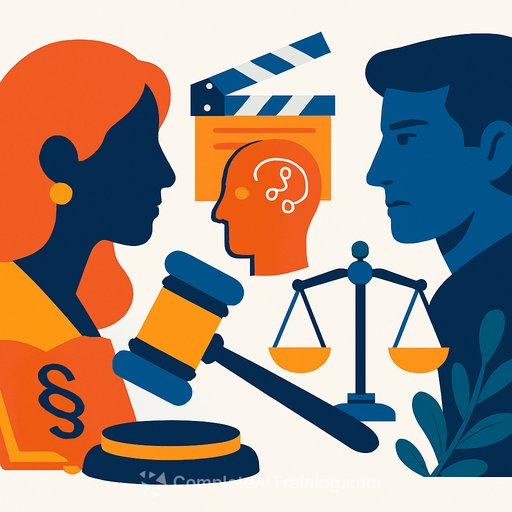AI-Altered Ending of ‘Raanjhanaa’ Sparks Creative Rights Clash Between Eros and Aanand L. Rai
A heated dispute has erupted between Eros International and filmmaker Aanand L. Rai concerning the studio’s AI-modified re-release of the Tamil version of the 2013 hit film Raanjhanaa. This clash highlights deeper issues around creative rights, corporate governance, and the role of artificial intelligence in film production.
The Controversy: AI-Altered Ending Without Maker Consent
Eros announced that the Tamil-dubbed version of Raanjhanaa, titled Ambikapathy, would be re-released with an AI-generated alternate ending. This new version changes the original tragic finale—where the protagonist Kundan dies—into one where he survives. The alteration was made without informing or involving the film’s original creators.
Aanand L. Rai expressed serious concerns over this decision, stating that while Eros may hold legal rights as producers, the move ignores fundamental principles of creative intent and artistic consent. He called it a troubling precedent that undermines the vision and labor invested by filmmakers.
Eros Defends Its Legal and Creative Position
Pradeep Dwivedi, CEO of Eros Group, defended the re-release as both a legal right and a creative innovation. He described it as a “respectful reinterpretation” aligned with global cinema practices, emphasizing that the company views cinema’s essence as open to reinvention rather than resistance.
However, Eros's recent statement takes a more confrontational tone, accusing Rai’s public objections of being a deliberate PR tactic to divert attention from ongoing legal disputes between the two parties.
Legal Battle Over Moral Rights and Copyright
The heart of the conflict lies in the interpretation of filmmakers’ rights under Indian copyright law. Eros claims it holds exclusive rights, including moral rights, and that Rai waived his moral rights in writing during the film’s development.
Rai disputes this, citing legal precedents like the 2022 Indian Supreme Court ruling in Kartar Singh v. Sajjan Kumar, which affirms directors’ moral rights even after transferring economic rights. He insists that altering a film’s narrative without director involvement violates these principles.
Parallel Corporate Disputes
Alongside the AI controversy, Eros has taken legal action against Rai’s production company, Colour Yellow Productions, alleging financial irregularities and mismanagement. The National Company Law Tribunal (NCLT) has imposed interim restrictions on Colour Yellow’s board activities and payments to related parties.
Rai acknowledges the business conflicts but separates them from the creative issues raised by the AI re-release. He maintains that professional grievances should not overshadow the broader concern about artistic consent in the age of AI.
AI in Filmmaking: Innovation or Overreach?
Dwivedi argues that the AI-generated content was supervised by human creatives and framed as a tool similar to visual effects or color grading. He presents this as part of a long-term strategy to creatively reinterpret films while preserving original versions.
Rai warns that allowing AI to alter narrative and tone without the director’s input threatens the cultural and creative fabric of cinema. He stresses that films represent the vision and labor of their creators, and tampering with them post-release breaches the very idea of authorship.
Broader Implications for Indian Cinema
This dispute marks a potential first in Indian cinema regarding AI’s role in fundamentally changing completed films without director involvement. Rai views it as a pivotal moment for the industry, comparing it to AI-related controversies recently seen in Hollywood.
He is pushing for industry-wide protocols and regulatory oversight to protect creators’ rights and maintain creative freedom in the face of advancing technology.
Looking Ahead
- Eros plans to evaluate other films in their catalogue for possible reinterpretation, with an emphasis on transparency and ethical guidelines.
- They intend to label AI-enhanced versions clearly and preserve original works alongside alternate cuts.
- Collaborations with original directors may be pursued but are not legally required when rights fully reside with the studio.
- Industry stakeholders are encouraged to engage in discussions around fair practices for AI use in filmmaking.
For creatives navigating these changes, understanding how AI intersects with copyright and creative control is crucial. Those interested in expanding their knowledge on AI's impact in creative industries can explore specialized courses at Complete AI Training.
The Raanjhanaa controversy serves as a clear signal that Indian cinema is at a crossroads. The choices made now will shape the future of artistic rights and the integration of technology in storytelling.
Your membership also unlocks:






